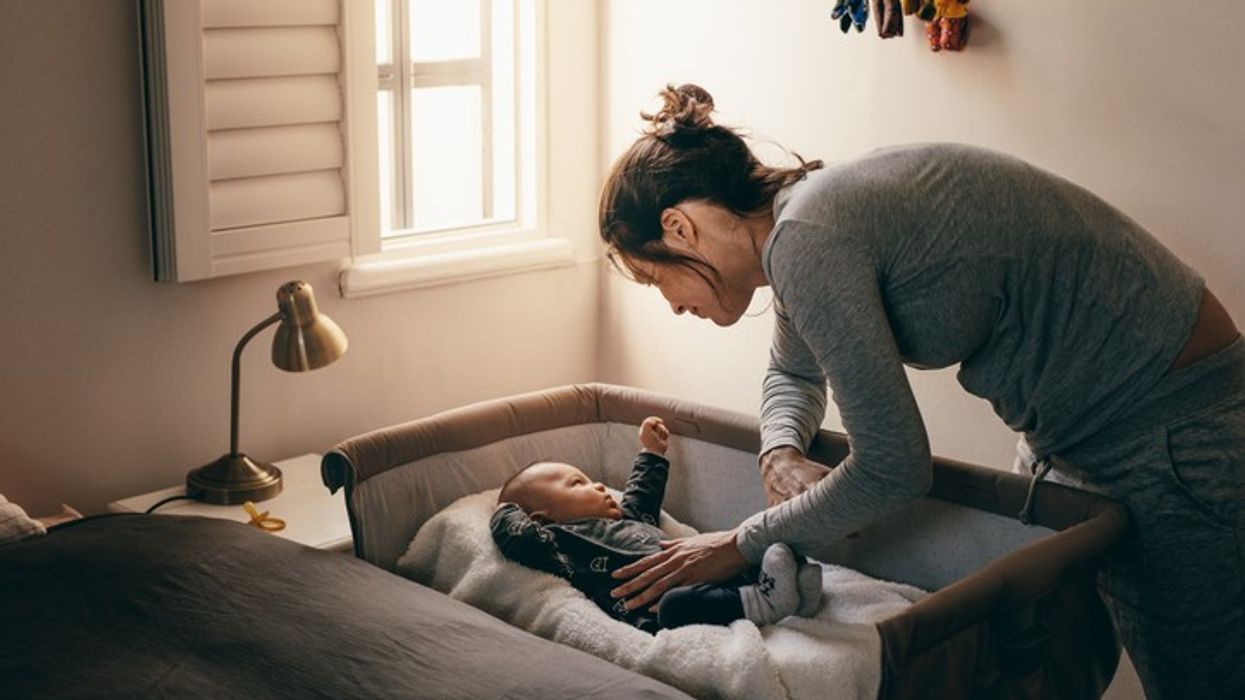CHILDREN experiencing a chronic lack of sleep since infancy could be at an increased risk of having psychosis in early adulthood, a new study has found.
Analysing the sleep durations of nearly 12,400 children from when they were aged six months to seven years, researchers found that those persistently sleeping fewer hours were more than twice as likely to develop a psychotic disorder in early adulthood.
These children were also found to be nearly four times as likely to have a psychotic episode, in which one loses touch with reality and can experience hallucinations.
While a persistent or chronic lack of sleep as a child may not directly cause psychosis when they become an adult, it could be a contributing factor and parents can help address it, according to lead author Isabel Morales-Munoz from the University of Birmingham, UK.
The researchers also said that while previous studies have linked sleep problems with psychosis, this is the first study to show that chronic lack of sleep can be a strong predictor for an individual to experience psychosis. The findings are published in The Journal of American Medical Association (JAMA) Psychiatry.
"It's entirely normal for children to suffer from sleep problems at different points in their childhood, but it's also important to know when it might be time to seek help. Sometimes sleep can become a persistent and chronic problem, and this is where we see links with psychiatric illness in adulthood," he added.
The researchers also analysed data of about 4,000 adults when they were 24 years old.
While the team found a robust link between persistent lack of sleep as a child and experiencing psychosis as an adult, they said they have not proven a causal relationship and that other associated factors need to be examined.
For example, looking at the immune system health of children, the researchers measured the inflammation levels in blood samples of nine-year-olds. Results showed that a weakened immune system could partly explain the link between lack of sleep and psychosis.
However, other unknown factors are also likely to be important, the researchers said.
"We know that early intervention is really important in helping young people with mental illness. Understanding the role that good sleep hygiene plays in positive mental health could be a really important part of this process," said Morales-Munoz.
(PTI)





